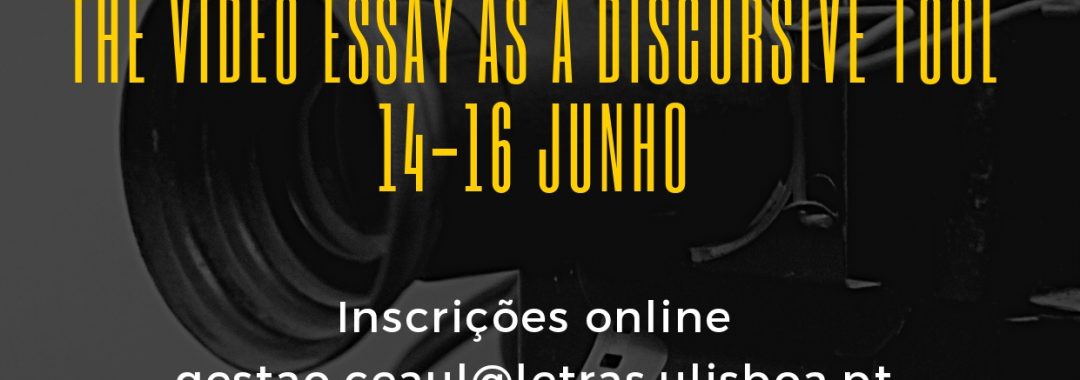

Videos are an essential tool in academic work, offering a powerful way to communicate research papers, ideas, and arguments. Video abstracts and video essays visually demonstrate research findings and allow for the use of creative tools to convey complex ideas and emotions in an impactful way. Videos capture affective, experiential, and embodied qualities that are often left dormant in traditional textual research, making academic work more approachable and understandable to a broader audience. This workshop aims to equip participants with the skills and tools they need to create captivating videos that leave a lasting impression on the audience. Participants will use DaVinci Resolve, a free-to-use video editing software used in many Hollywood productions, and can choose to utilize a library of free-to-use images or images captured by them to construct their first video montage.
The workshop will employ a “farm to table” approach to guide participants through the entire process and pipeline, from incubating their ideas to seeing their videos materialized and projected on the big screen. The “farm” refers to the participant’s mind, where the workshop will plant the seeds of investigative inquiry and work closely with participants to help them bring their ideas to fruition. The workshop aims to foster and support the creative process to create a supportive and collaborative environment for participants to develop their video rhetoric. Participants will be provided with theoretical background knowledge of the American versus Russian school of montage, allowing them to utilize the techniques of these differing schools in the way they deem most fitting to illustrate their ideas. With this knowledge, participants can choose a soundscape or a reading of a text as a basis for their video essay. Their final video essays will be screened at an art gallery so that the participants work may be disseminated and achieve higher exposure. This workshop is perfect for anyone with a passion for art and film, regardless of their level of experience. The maximum number of participants will be capped at 15 to ensure every participant can be helped equally. Don’t miss out on this exciting opportunity to learn how to harness the full potential of video editing for your academic work!
Those interested in registering must do so until April 28th. To complete the registration, it will be necessary to fill in the registration form with all the requested data and send it to gestao.ceaul@letras.ulisboa.pt. Afterward, you will be contacted on how to proceed with the payment of the 40 € fee.


















